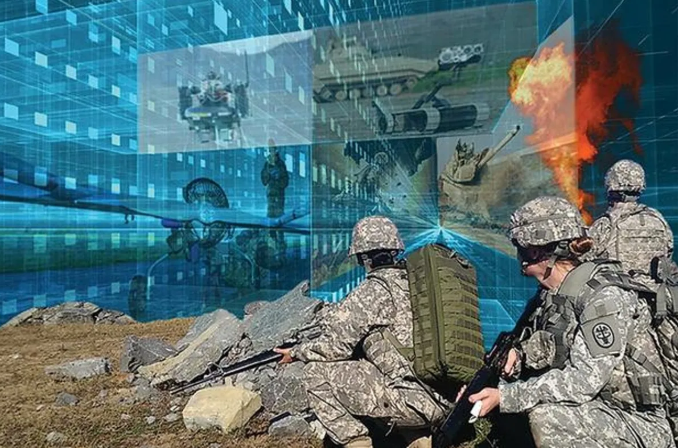Examining Defence Strategies in the Face of Emerging Threats
The integration of artificial intelligence (AI) into military applications poses significant potential for disruption and destruction, warned Singapore Defence Minister Ng Eng Hen at the third Singapore Defence Technology Summit. Alongside AI, cyberattacks and space militarisation were identified as key threats shaping global security.
AI in Military Systems: Opportunities and Concerns
AI’s application in defence offers unprecedented advantages in data analysis, decision-making, and operational efficiency. However, a 2020 RAND Corporation report highlights risks such as system reliability, ethical dilemmas, and strategic consequences, including increased conflict escalation.
The Singapore Armed Forces recently introduced an AI-driven command and control system to assist in decision-making. Yet, questions about accountability, robustness, and the potential for errors with catastrophic consequences persist. Dr Ng called for safeguards to address these concerns and ensure responsible use of AI in military settings.
Governance and Collaboration
To mitigate risks, multilateral initiatives like the AI Partnership for Defense promote ethical AI use in military contexts. Singapore’s defence framework now includes guiding principles of “responsible, safe, reliable, and robust” AI applications, underpinned by collaboration with international organisations such as the OECD.
Militarisation of Space: Escalating Risks
Outer space has become a contested domain, with countries developing anti-satellite weapons and launching dedicated military units, such as the US Space Force. Dr Ng cautioned that the growing number of state and private actors in space could lead to strategic miscalculations, potentially crippling critical systems on Earth.
The Growing Threat of Cyberattacks
Cybersecurity remains a pressing concern as the frequency and scale of attacks rise. From ransomware campaigns to disruptions in essential services, the digital domain is increasingly weaponised by state and non-state actors.
Singapore’s Ministry of Defence recently formalised a cybersecurity cooperation agreement with the US Department of Defense to enhance information sharing and regional capacity-building. Dr Ng emphasised the urgent need for global frameworks to regulate behaviour in the digital space, ensuring stability and preventing societal disruption.
Defining the Future of Defence
Addressing the intertwined challenges of AI, cybersecurity, and space militarisation demands collaborative governance, robust ethical standards, and proactive risk mitigation. As Dr Ng concluded, establishing rules and frameworks in these domains is essential to avert high-stakes catastrophes and maintain global stability.








